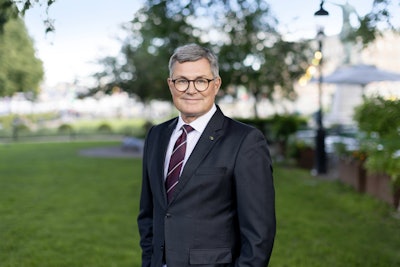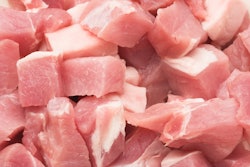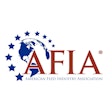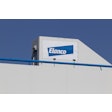
In the first four months of this year, Lantmännen reports net sales of just over 22.7 billion krona (SEK; US$2.37 billion).
While this represents a year-on-year increase of 5.2%, operating income was down by SEK282 million at SEK566 million. This resulted in a reported margin of 2.5%. For the comparable period of 2024, the figure was 3.9%. No items affected the comparability of the financial results, according to the firm.
This dip in profitability has affected all of the company’s businesses, and is attributable mainly to external uncertainties, according to Lantmännen president and CEO, Magnus Kagevik. These uncertainties have their origins in the unstable geopolitical situation and global trade disruption, which have significantly impacted financial markets, he said.
Kagevik highlighted particularly the adverse impacts of these factors on the company’s results through currency fluctuations and divestments.
In response, a cost-saving program has been initiated across the whole group in order to re-establish profitability and competitiveness, he said.
Food, agriculture businesses key for Lantmännen
The group’s largest divisions in terms of net sales are Food and Agriculture, which contributed 40% and 38%, respectively, to the overall total over the four-month reporting period. While Agriculture sales slipped 1% compared with last year, Food generated 25% more in net sales. Contributing to the latter result was the integration of Scan Sverige into the division.
The group’s other business divisions are Swecon (13% of net sales), Energy (8%), and Real Estate (1%).
Of the group’s total operating income of SEK566 million, the Food Division delivered SEK228 million, and Agriculture SEK73 million.
The Food Division manufactures grain-based foods, as well as meat and deli products from Swedish farms. It sells to retailers, food service customers, and food processors.
Formerly part of HKScan, Scan Sverige is now fully integrated into Lantmännen’s Food Division. Its net sales for the reporting period were SEK2.94 billion.
Within the Agriculture Division, year-on-year increases in operating income were generated by the Swedish grain business (Lantmännen Agriculture Sweden), and the machinery dealership for the construction and civil engineering sectors (Lantmännen Machinery).
In contrast, the generally weak agricultural market reduced earnings by Lantmännen Agriculture Finland. Based in the Baltic region, Scandagra Group also delivered lower earnings in the reporting period than in 2024.
Positive future prospects for the group
For Kagevik, the future of the Lantmännen group is assured by its activities in two key sectors of the future: agriculture and food.
“We will, therefore, continue our focus on increasing food production, both primary production and further processing, to strengthen Swedish food security, and meet the needs of a growing global population,” he said.
He added that grain sowing in Sweden reached record levels at the end of last year. With crops developing well through the winter and spring, he forecast a good harvest year for the nation’s farmers and food industry in 2025.
More on Lantmännen
Just after the reporting period closed, the acquisition of Sweden-based sausage and charcuterie company Lindvalls Chark AB was completed through the group’s Scan Sverige Division.
Previously, Lantmännen announced that it has increased its ownership of SimSuFoodS to more than 50%. The business produces dry vegetable products for commercial kitchens and the public sector.
Recently, it was announced that Lars-Gunnar Edh had been appointed as the new head of the Agriculture Division.
Annual output of 1.3 million metric tons puts Lantmännen Lantbruk och Maskin into the rankings of the largest feed producers in Europe, according to Feed Strategy’s Top Feed Companies survey for 2023. It produces compound feeds for ruminants, poultry, swine, horses, and pets, as well as other goods and services to farmers. A cooperative, it is owned by 17,000 Swedish farming members.













